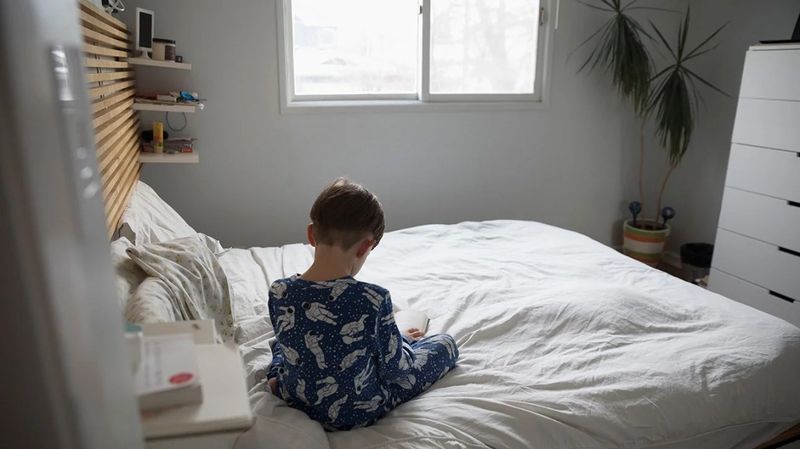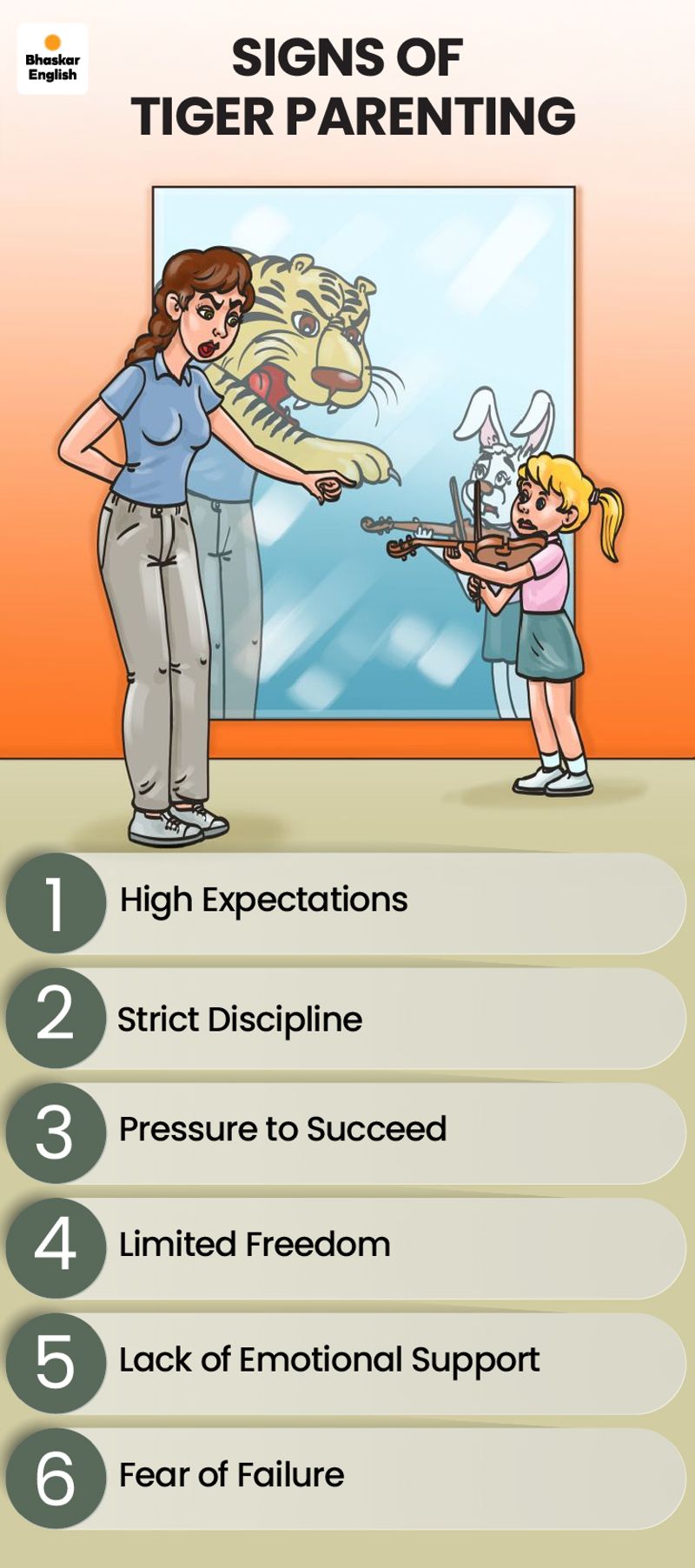Growing up under the influence of a low-quality parent can profoundly shape an individual’s future behaviors and emotional health. Psychology identifies distinct signs that highlight such experiences, which can help individuals understand their developmental history more clearly. This blog post delves into eleven specific signs, each providing a window into the unique challenges faced by those who have navigated childhood under the often turbulent guidance of a low-quality parental figure.
Emotionally Unavailable

Emotional unavailability in a parent often leads to a child feeling neglected and undervalued. Imagine a child yearning for a hug or a kind word that never comes. This lack of emotional connection can manifest in difficulties forming relationships later in life.
Children learn to suppress their emotions, believing that expressing them will only lead to disappointment. Over time, they may become emotionally distant themselves, perpetuating a cycle of unavailability.
Engaging in introspection, these individuals realize the emotional void left by their upbringing. Recognizing this allows them to seek healthier, more fulfilling relationships.
Inconsistent Discipline

Inconsistent discipline creates an unpredictable environment for a child. Picture a scenario where rules change daily, leaving a child unsure of boundaries. This inconsistency can breed anxiety and insecurity.
Children raised in such environments struggle with understanding consequences, often leading to rebellious behavior or fear of making decisions. The lack of stable guidance results in a shaky moral compass.
As adults, they may either become overly rigid to compensate for their past or continue the pattern of unpredictability, struggling to find balance in their actions and relationships.
Lack of Support for Education

Imagine the struggle of navigating school life without parental guidance or encouragement. A child constantly battles with assignments, lacking the support that fuels academic success. This absence can dampen enthusiasm for learning.
Parents who undervalue education may fail to celebrate accomplishments or assist with challenges. This neglect can stifle a child’s potential, leading to a disinterest in academics.
These individuals often grow up feeling ill-prepared for the demands of adulthood. However, recognizing this gap can motivate them to pursue education in later life, seeking personal growth beyond their upbringing’s limitations.
Overcritical Environment

Constant criticism from a parent chips away at a child’s self-esteem. Imagine living under a microscope, where every action is scrutinized. This environment fosters self-doubt and a fear of failure.
Children internalize these criticisms, carrying them into adulthood as a critical inner voice. This persistent judgment can hinder personal and professional growth.
However, some turn this adversity into a drive for perfection, striving to prove their worth. Recognizing the impact of this upbringing is crucial for breaking free from the chains of self-doubt and embracing self-compassion.
Neglect of Emotional Needs

Consider the isolation of a child whose emotional needs are consistently overlooked. Toys and material goods cannot replace the warmth of parental affection. This neglect leaves a void that toys cannot fill.
Without emotional nurturing, children struggle to understand and process their feelings. They grow up with a sense of unworthiness, as if their emotions are irrelevant.
Many adults work hard to fill this emotional void, seeking validation from external sources. Understanding this background helps them prioritize emotional intelligence, fostering healthier connections with themselves and others.
High Expectations Without Support

High expectations can drive achievement, but without support, they become burdens. Picture a teen drowning under expectations without a life raft of encouragement. This pressure can lead to anxiety and burnout.
Parents who push without providing guidance leave their children feeling inadequate. The constant striving for unreachable goals can result in low self-esteem and chronic stress.
However, recognizing these pressures allows individuals to redefine success on their terms. They learn to channel ambition into achievable goals, supported by self-compassion and resilience, rather than external validation.
Lack of Healthy Boundaries

Growing up without boundaries can leave a child feeling lost and unanchored. Imagine a world where limits are blurred, leading to confusion and poor decision-making skills.
Without clear boundaries, children struggle to respect others’ limits and fail to establish their own. This can result in unstable relationships and poor self-control.
As they mature, setting healthy boundaries becomes a vital skill to learn. By understanding personal limits, they can cultivate relationships built on mutual respect and understanding, transforming past chaos into harmony.
Parental Substance Abuse

Substance abuse by a parent creates a tumultuous environment for a child. Imagine the fear and uncertainty of navigating a household ruled by addiction. This instability can breed trust issues and anxiety.
Children often take on adult roles prematurely, becoming caregivers instead of the cared. This role reversal robs them of their childhood.
Recognizing the impact of such an upbringing allows these individuals to seek help, breaking the cycle of addiction. By understanding their past, they can build a future free from the shadows of substance abuse.
Frequent Conflicts and Hostility

Growing up amidst constant conflict teaches children that aggression is a norm. Imagine the anxiety of a child caught in verbal crossfires daily. This environment fosters hostility and fear.
Children may mimic these aggressive behaviors, believing them to be appropriate responses to conflict. This perpetuates a cycle of aggression.
Acknowledging the influence of such environments empowers individuals to seek peace and healthy communication. By rejecting hostility, they can cultivate relationships based on respect and understanding, creating a calmer future than their past allowed.
Dismissal of Personal Identity

Imagine being molded into someone else’s expectations, losing sight of your true self. A child whose identity is dismissed grows up feeling invisible and unheard.
Parents who impose their desires rob children of self-discovery. This stifles individuality and curtails personal growth, leading to identity crises.
Recognizing this dismissal allows individuals to reclaim their identity. By exploring their passions and interests, they break free from imposed molds, embracing the person they wish to become.
Lack of Affection

Absence of affection leaves a profound mark on a child’s psyche. Imagine a world devoid of hugs or kind words, where warmth is a rarity. This can lead to feelings of loneliness and inadequacy.
Children who grow up without affection often struggle with forming emotional connections. They may fear intimacy, wary of vulnerability.
Understanding this lack allows individuals to seek meaningful connections as adults. By fostering self-love and compassion, they can build relationships based on genuine affection and understanding, creating a warmer world than they knew.

